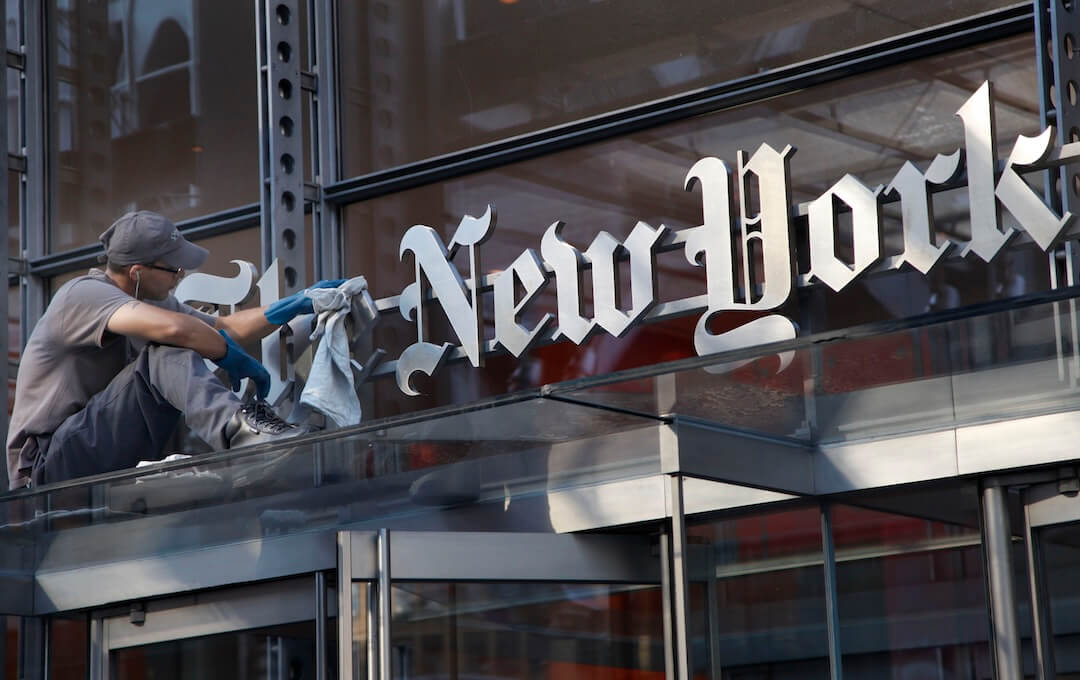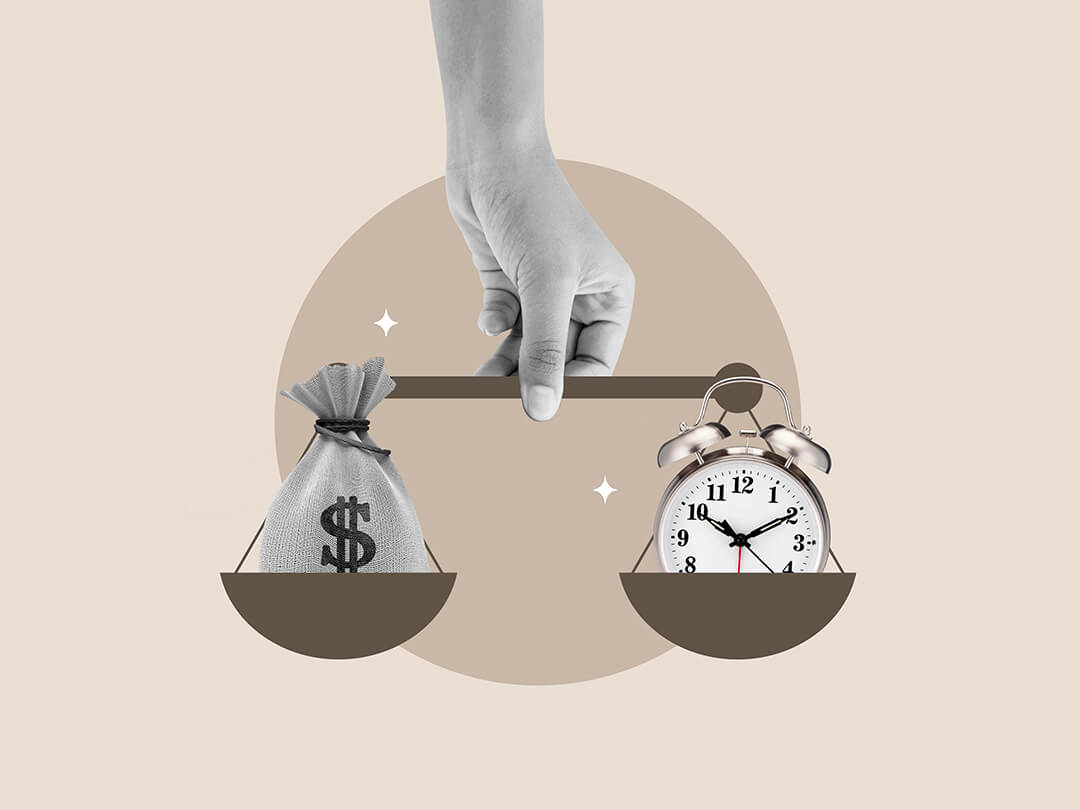Outsports’ Cyd Zeigler made history last weekend as the first journalist from a gay publication to be credentialed to cover the Super Bowl from the press box. He wasn’t just there to report the score and talk about the atmosphere. He was on a mission.
As he and Outsports co-founder Jim Buzinski watched the reports come in from media day, Zeigler said, they were surprised that LGBT issues didn’t come up. Even in NFL commissioner Roger Goodell’s press conference, even despite the Michael Sam story, nobody was asking.
“They asked about stupid inflated balls, they asked about domestic violence, they asked about just about every other issue, but I was really the only one asking about this.”
Being at the Super Bowl gave Zeigler access to the NFL’s most powerful actors: the players, coaches, Hall-of-Famers. He was able to ask them about specific issues, including Michael Sam and accepting LGBT players.
“Our reporting on this issue has changed,” he said. “Two years ago, we made it our mission to ask people ‘would you accept a gay teammate?’ and the conversation has advanced past that. We know that people are going to say yes every time.”
Instead of asking whether a gay teammate would be accepted, Zeigler said, he often asks players and coaches whether they have LGBT family members, which gets them to talk about acceptance without explicitly being asking about it. Asking these questions is about getting at the issue, but also about showing that NFL players are not one-dimensional. The way they’re portrayed now, Zeigler said, is as “characters in the most popular TV show in the country” who hit each other hard and use a lot of aggressively masculine rhetoric. If more stories highlighted the rest of players’ lives, Zeigler argues, perhaps the culture would be more accepting of gay players.
Outsports at the Super Bowl isn’t just about one gay media outlet covering the country’s biggest sporting event. It’s about ensuring minority voices are in the room to ask the questions. Holding the powerful to account requires diversity.
It’s important to ask about sports and keep the conversation about gay athletes going, even though people may not think it is, Zeigler said.
“That is the biggest lie I hear people saying every time we write about anything: ‘Who cares? Nobody cares.’ It could not be further from the truth,” he said. “The struggles that so many kids and their parents go through on this issue — That’s why we write about this stuff, that’s why we go to the Super Bowl, because we’ve come a long way, but there’s so much further to go, there’s so much pain out there for so many athletes, and we’ll keep reporting on this stuff until there isn’t any more.”
With same-sex marriage now legal in 36 states, and with TIME magazine declaring the current movement a media-induced transgender tipping point, maybe it doesn’t seem as important for LGBT media to continue to exist or to be included in major events. But Outsports’ coverage of what Zeigler sees as a diversity crisis in the NFL shows it’s essential for LGBT media to be involved.
“As our community grows and changes, LGBT media outlets have been on the front lines of documenting our progress,” National Lesbian & Gay Journalists Association executive director Adam Pawlus told me in an email. “Right now, much of this change is happening in the sports world, and outlets like Outsports are regularly asking important, probing questions and telling intriguing stories that might otherwise not be told.”
Coverage that began with the Gay Guide to the Super Bowl is part of a much larger mission — the mission to make the powerful men of the NFL talk about their homophobia and prejudices. Some may call him an activist or advocate, Zeigler said, and that’s okay with him. He doesn’t believe these roles are antithetical to the role of the journalist. He says they’re completely in line with it.
“I think that the First Amendment is there because every journalist is supposed to be an activist, or at least an advocate — it’s our constitutional duty — to be an advocate for the people,” he said.
Pressing the NFL to talk about the acceptance of gay athletes, Zeigler said, means pressing them to make it a priority. He fears that the NFL won’t make talking about LGBT acceptance a priority until it faces a crisis.
“There’s just not a groundswell of support to take action on issues off the field unless there is a real crisis. So if — maybe I should say when — a crisis occurs with a gay player or a gay coach — because it will happen — then they will do something more substantial.”
“It’s my job,” he said, “to keep asking questions until it’s a crisis.”







